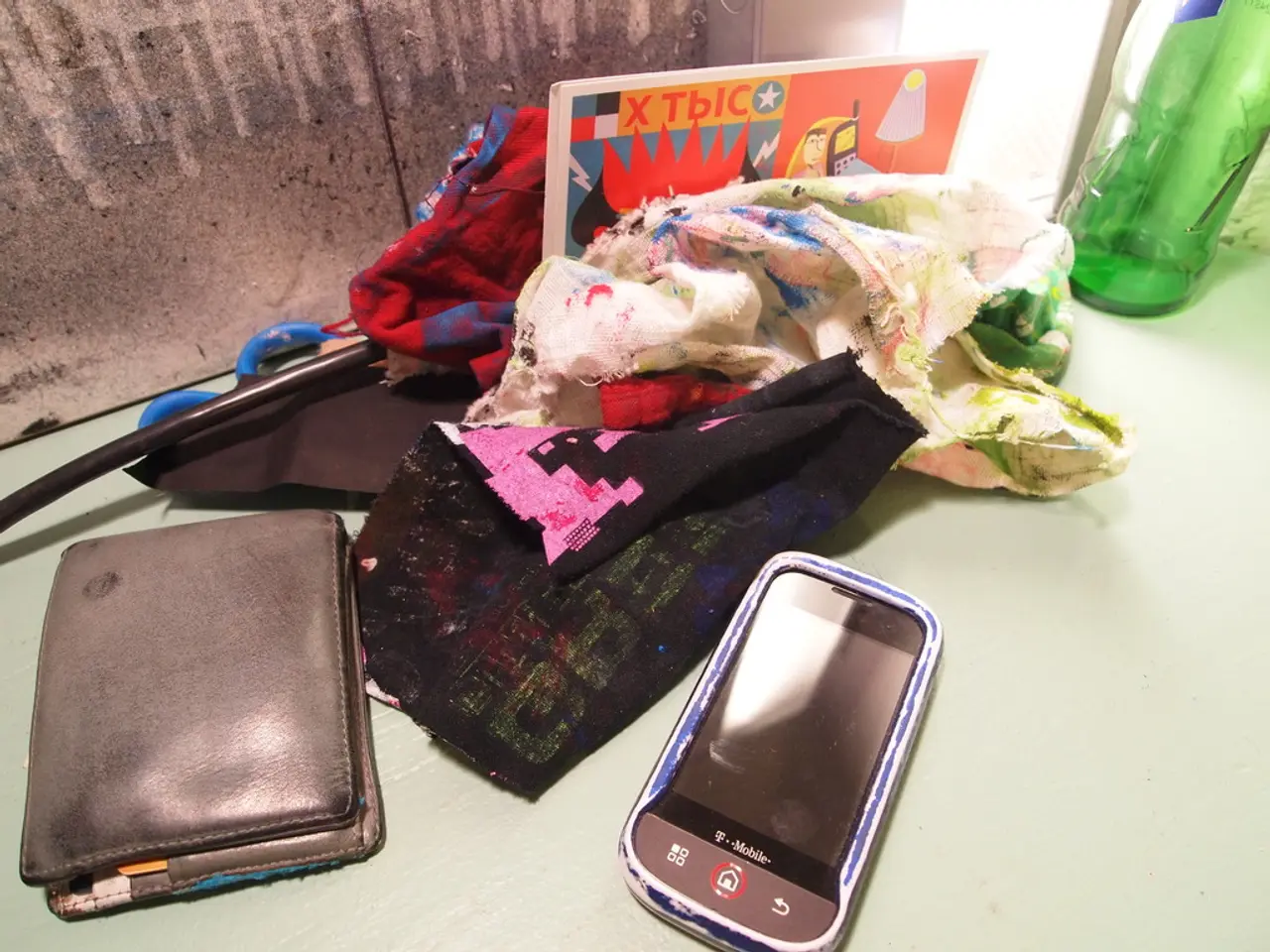PayPal's New Fiat Platform may pose a significant threat to the dominance of Stablecoins.
In a significant move towards streamlining cross-border transactions, PayPal is set to launch PayPal World, a unified platform that promises to deliver the speed and convenience of stablecoins, while remaining firmly rooted in the traditional global banking system.
**Functionality**
PayPal World is designed to connect major digital wallets and payment systems, such as Venmo, Mercado Pago, UPI (India), Tenpay Global (Weixin/WeChat Pay), and PayPal itself, enabling end users to transact across borders using their local wallet, without the need for new services or managing international currency corridors. This interoperability significantly lowers the friction for cross-border payments for nearly two billion potential users.
Merchants on PayPal’s network will automatically accept all connected wallets at checkout, making global commerce more accessible. Users can pay at point-of-sale, online, and send international transactions through a single, AI-powered interface. PayPal World handles real-time currency conversion, offering transaction speeds comparable to those associated with stablecoins, but without the use of blockchain or distributed ledger technology.
While PayPal World does not initially support tokenized assets, there are plans to integrate emerging technologies, including stablecoins, dynamic payment interfaces, and potentially, blockchain interoperability in the future.
**Infrastructure**
PayPal World is built on a cloud-native, high-availability architecture that uses open commerce APIs to ensure low latency and robust security. The platform is technology-agnostic, integrating existing regional payment systems without requiring them to adopt new infrastructure.
By sticking to fiat rails and avoiding distributed ledger technology, PayPal World is designed to simplify regulatory compliance, sidestep crypto volatility risks, and maintain existing correspondent-banking relationships.
**Stablecoins**
Stablecoins, such as PYUSD, USDC, and Tether, are blockchain-based digital assets pegged to fiat currencies, enabling fast, low-cost, cross-border transactions. Transactions occur peer-to-peer or via smart contracts, bypassing traditional banking channels. Their primary advantages include potential settlement speeds comparable to PayPal World, transparency, and programmability for decentralized finance (DeFi) applications.
However, stablecoins rely on distributed ledger technology, which introduces both opportunities and challenges. Benefits include censorship resistance and global accessibility, but drawbacks include regulatory uncertainty, price volatility (for non-stable assets), and the need for wallet holders to manage their private keys and interact with blockchain networks.
**Direct Comparison**
| Feature | PayPal World | Stablecoins | |------------------------|------------------------------------------------|-----------------------------------------------| | **Interoperability** | Connects leading wallets/payment systems | Typically limited to blockchain networks | | **Settlement Speed** | Near real-time, stablecoin-like (fiat) | Near real-time, blockchain-based | | **Currency Conversion**| Integrated, automatic | Requires exchange or DeFi protocols | | **Infrastructure** | Cloud-native, API-driven, fiat rails | Blockchain/distributed ledger | | **Regulatory Compliance** | Built for global compliance, avoids crypto risks | Varies by jurisdiction, subject to crypto rules | | **User Experience** | Seamless for existing wallet users | Requires crypto knowledge, wallet setup | | **Future Roadmap** | Plans to integrate stablecoins, blockchain | Expanding DeFi/enterprise use cases |
**Conclusion**
PayPal World is a groundbreaking interoperability platform that delivers stablecoin-like speed and convenience for cross-border payments, without the need for blockchain, crypto volatility, or much of the complexity associated with digital assets. Stablecoins offer similar speeds and global reach but require blockchain infrastructure, come with distinct regulatory and operational risks, and appeal to a different (often more tech-savvy) user base. In the future, PayPal World may bridge these worlds by integrating stablecoins, but for now, it represents a major step forward in the evolution of global payments infrastructure without relying on crypto rails.
- PayPal World, with its design that connects major digital wallets and payment systems, will enable users to transact across borders using their local wallet without the need for new services or managing international currency corridors, offering a significant advantage to nearly two billion potential users.
- The integration of stablecoins is planned for PayPal World's future, along with dynamic payment interfaces and potentially, blockchain interoperability.
- PayPal World, built on a cloud-native, high-availability architecture, handles real-time currency conversion, offering transaction speeds comparable to those associated with stablecoins, but without the use of blockchain or distributed ledger technology.
- Stablecoins, such as PYUSD, USDC, and Tether, are blockchain-based digital assets pegged to fiat currencies, enabling fast, low-cost, cross-border transactions with potential settlement speeds comparable to PayPal World, but relying on distributed ledger technology.
- Users can invest in stablecoins, while PayPal World focuses on simplifying regulatory compliance, sidestepping crypto volatility risks, and maintaining existing correspondent-banking relationships, enabling a more seamless user experience for traditional finance users.




